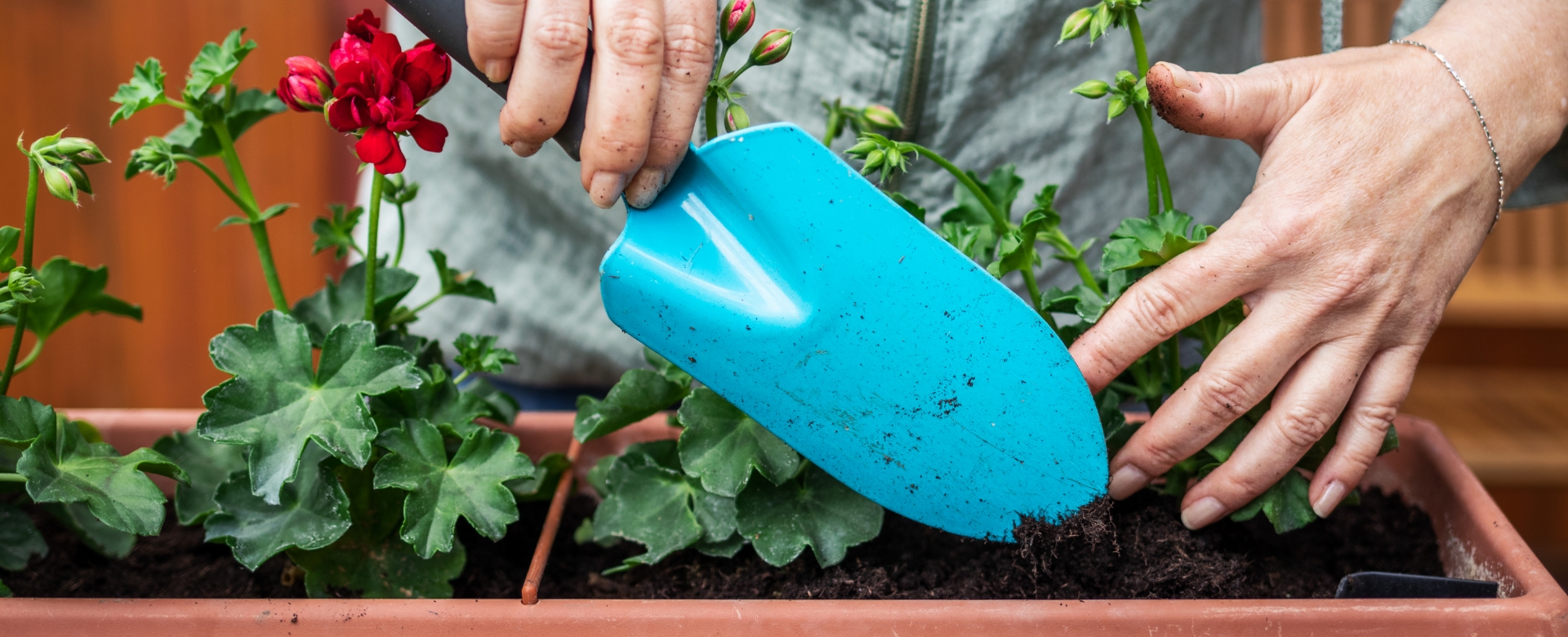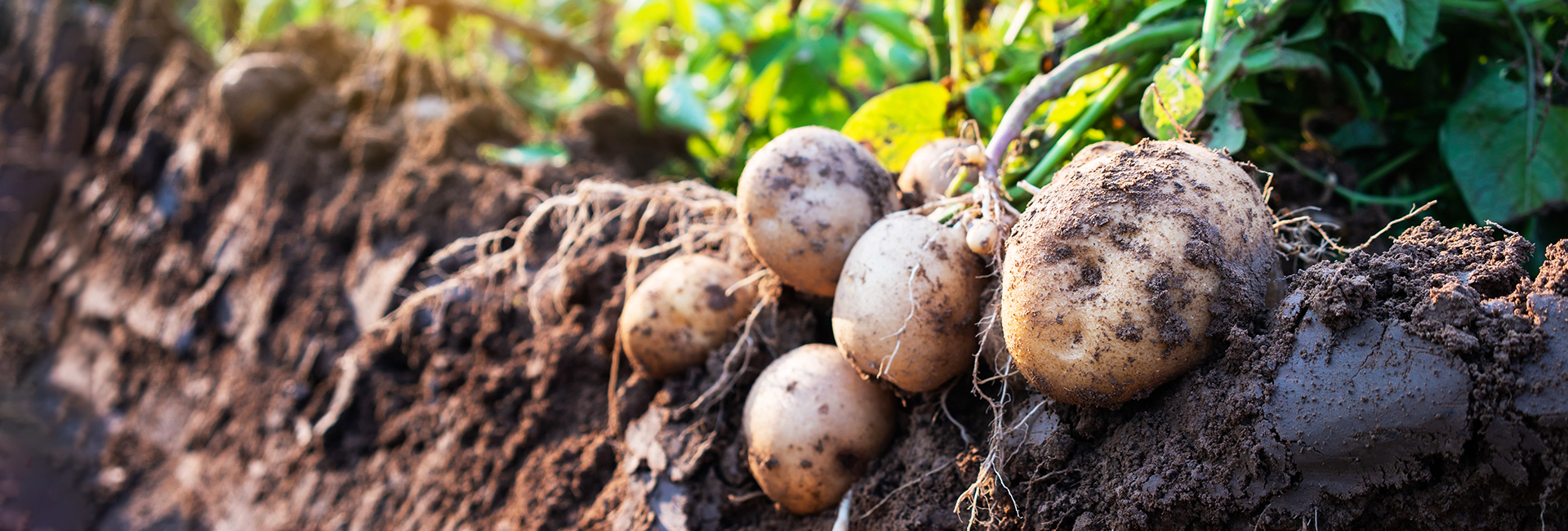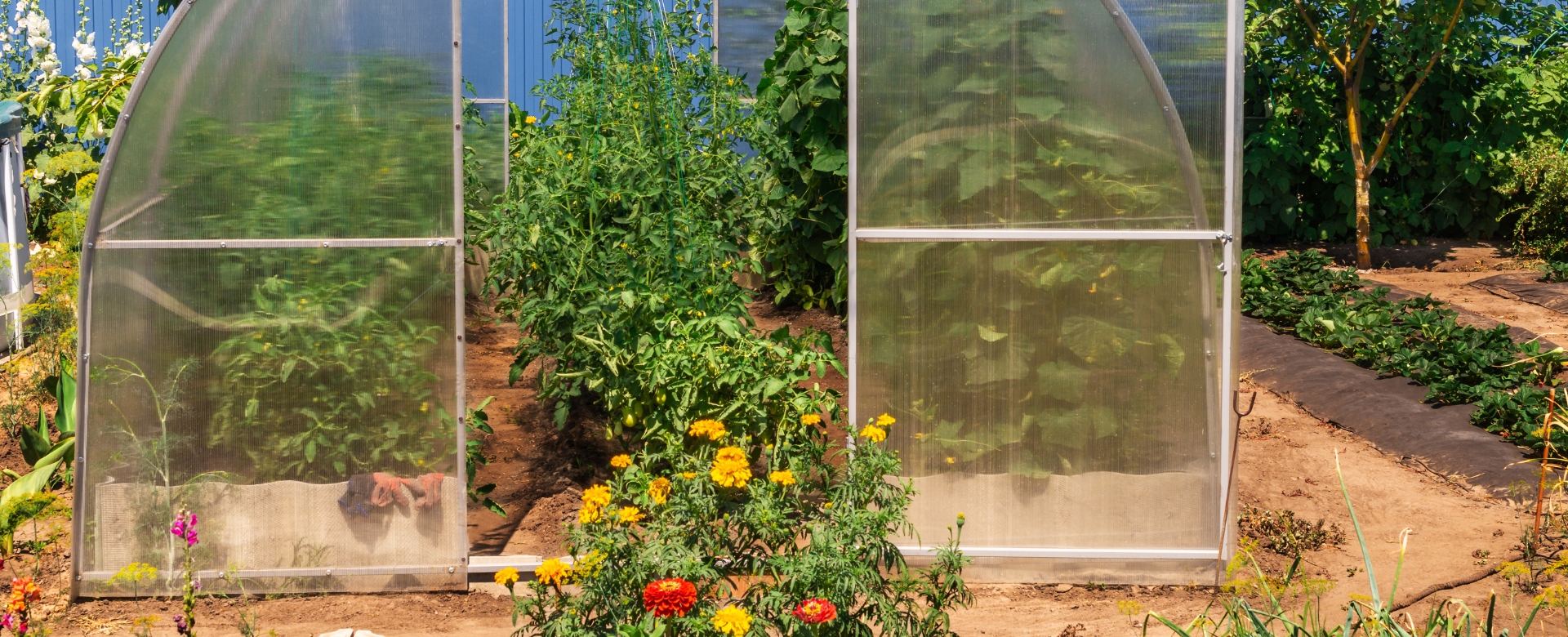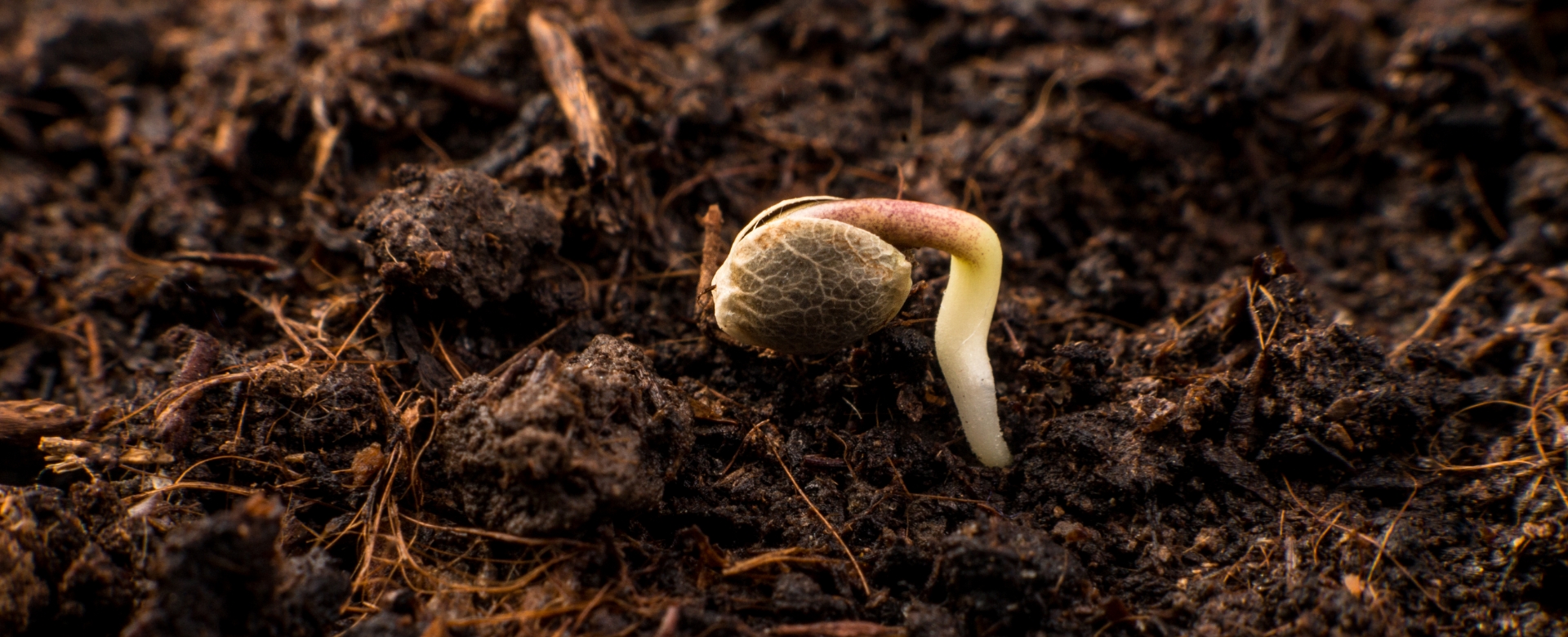Keep Garden Clean and Green with Useful Maintenance Tips
Regular garden maintenance helps improve the health of your plants and lawn. Gardening practices like pulling weeds, trimming plants, and removing debris can enhance the garden’s appearance and make it more productive to use and spend time in. For outdoor plants to grow and withstand seasonal conditions, it is essential to learn and practice the right way regarding how to care for a garden and maintain it in the best condition.
While tending garden requires a lot of effort, garden maintenance is something every gardener should consider. Your garden is your labor of love, resulting in a beautiful landscape you can call your own.
Proper garden care can increase the longevity and quality of plants. To make your garden the pride and joy of your house, we have shared some helpful garden maintenance tips and advice. This will help you follow a healthy gardening routine and boost the aesthetic value of your outdoor space.
Best Garden Maintenance Tips
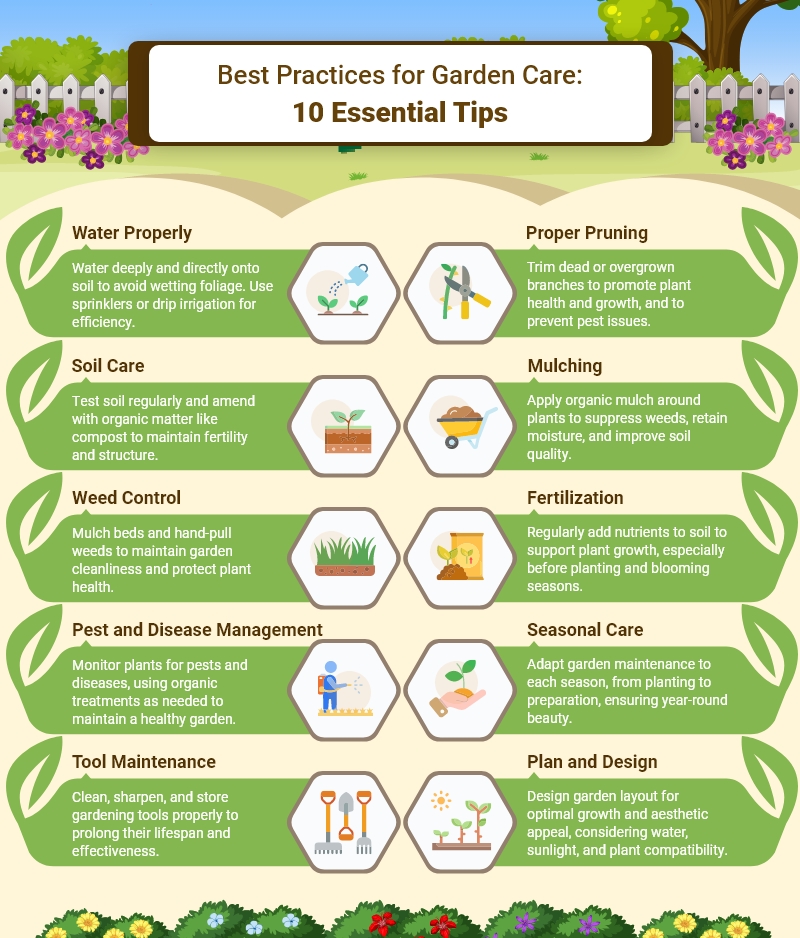
Gardening maintenance services include various activities to keep your garden in the best shape. A well-maintained garden has many benefits, from enjoying the best air quality to improving mental health to growing organic produce.
Fret, not if you do not know how to maintain a garden. Just follow these garden maintenance tips below to preserve the charm and beauty of your home garden:
1. Water Properly
Ensure you water your plants regularly, correctly, and deeply so roots can easily absorb the required moisture. Keep your garden well-watered but avoid soaking or wetting the foliage of plants.
Let the soil dry in between watering schedules to avoid oversaturating. Water directly on the soil. You can use sprinklers or a drip irrigation system to automate this task.
2. Proper Pruning
Proper pruning and trimming of garden plants are essential to help them stay strong and healthy. Dead, diseased, and overgrown branches block sunlight from reaching other plants in your garden. Pruning is one of the best gardening methods that promotes growth and clears hidden pests or undesirable parts. This helps increase room for your garden to flourish properly.
3. Soil Care
Healthy soil forms the basis of a thriving garden. With the passage of time, soil degradation starts and so it must be regularly refreshed. Before replacing soil in your garden, it is essential to test it to understand its nutrient levels, pH, and texture.
This lets you amend the soil properly using organic matter like compost or manure. Aerate the soil regularly by tilling or using a garden fork to improve the soil structure and encourage root growth. Use organic fertilizers and cover crops to maintain soil fertility and prevent soil erosion.
4. Mulching
Add mulch around the plants to keep weeds down and supply organic matter to the soil when the soil starts to degrade. Mulching is a good gardening practice that prevents soil erosion and improves soil structure as it decomposes and adds organic matter back into the soil.
Apply an organic mulch layer like straw, wood chips, or compost around plants to retain soil moisture, regulate temperature, and suppress weed growth. Spread mulch evenly, keeping it a few inches away from plant stems to prevent rot.
5. Control Weeds
Controlling weeds in the garden is essential to keeping it safe, clean, and green. Weeds can create havoc for your plants, steal their food, and block sunlight. You should mulch garden beds to suppress weed growth and retain soil moisture.
Hand-pull or use tools to remove weeds, especially before they seed. Use organic herbicides if required and regularly check for new weed growth to keep them under control.
6. Fertilization
Even though your garden plants are self-sufficient, the soil might only sometimes contain excess nutrients. To help your plants grow and thrive in the garden, it is suggested that you regularly add new nutrients to the soil. Make sure to fertilize the soil properly before planting fresh crops in the spring and before the plants bloom in the summer.
7. Pest And Disease Management
It is essential to regularly check your plants for signs of pest infestation or disease. Use organic or chemical treatments as and when required. It will attract beneficial insects like spiders and ladybugs. Also, healthy gardening practices like crop rotation and good circulation should be carried out to prevent fungal issues and the spread of diseases.
8. Seasonal Care
The condition of your gardens changes every season. From planting seasonal flowers, veggies, and fruits to preparing your garden for every season, ensure your garden looks best all year round. Opt for professional gardening services if you are busy or find it daunting to care for the garden every season.
9. Tool Maintenance
To keep your garden neat and healthy, it is essential to maintain your gardening tools in the best condition. Clean, sharpen, and oil gardening tools after each use to extend their lifespan and ensure efficiency. Store gardening tools in a dry place to prevent them from rusting. Regularly check your tools for damage, repair, or replacement of parts as and when required to keep your tools in optimal working condition.
10. Plan And Design
Sketch your garden’s layout by considering essential factors like water sources, sunlight, and plant compatibility. Group plants with similar growing needs and carry out crop rotation annually to maintain soil health. Incorporate access points and paths to ease garden maintenance and aesthetic appeal.
How Garden Maintenance Rewards You?
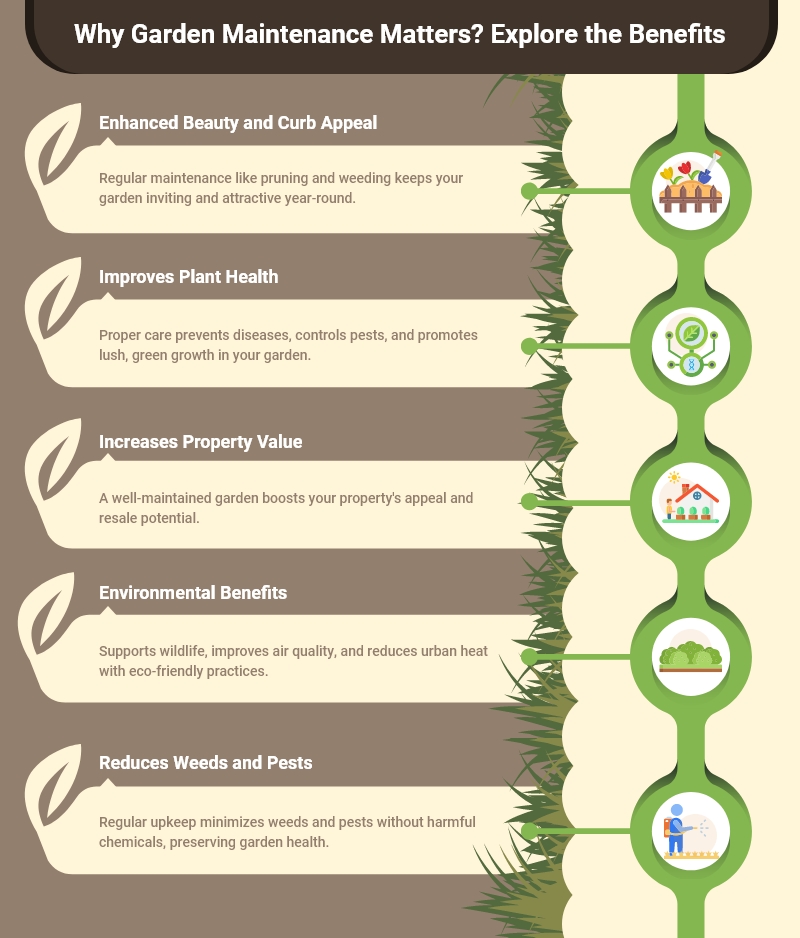
Just like your home, your garden requires regular maintenance and care. Regular maintenance allows you to transform your garden into a great outdoor space for your family to enjoy year-round. Maintaining a beautiful garden is more about it than occasional gardening.
With regular and effective garden maintenance, you can get the following benefits:
1. Enhanced Beauty and Curb Appeal
A well-maintained garden significantly improves the curb appeal of your property. A lush and vibrant garden sets a positive tone and creates a welcoming space for you and your guests. Opt for regular maintenance services like pruning, mowing, and weeding to keep your garden tidy and inviting throughout the year. With professional gardening care services, you can showcase your property’s beauty and create a welcoming atmosphere for your guests.
2. Improves Plant Health
Healthy plants make your garden lush, green, and beautiful. Carry out different garden maintenance practices like pest control, fertilization, and disease management. By resolving potential issues early, you can prevent the spread of diseases, deter pests, and promote robust plant growth. By taking proper care of plants, you can create a vibrant and resilient garden all year round.
3. Increases Property Value
A well-maintained garden certainly increases the property’s value and makes it visually appealing. Potential buyers are attracted to homes with attractive outdoor space and beautifully maintained gardens, which adds to the property’s resale value. A neat, well-maintained, and thriving garden is more than an asset; it will surely pay you a dividend in enjoyment and monetary value.
4. Environmental Benefits
Gardens have a crucial role in promoting environmental sustainability by providing habitat for wildlife, improving air quality, and reducing urban heat island effects. Regular mulching, composting, and eco-friendly pest control can further reward you with your garden’s ecological benefits. By adopting sustainable gardening practices, you can reduce your environmental footprint and contribute towards a healthy planet for future generations.
5. Reduces Weeds and Pests
One of the main benefits of garden maintenance is that it helps reduce weeds and pests. Regular pruning and weeding discourage weeds from germinating and keep them healthy. They also resist pest damage and eliminate the need to use chemical herbicides and pesticides, which are harmful to the environment.
The Bottom Line
Regular maintenance services offer many benefits beyond mere aesthetics. Garden maintenance is essential to keep it healthy, beautiful, and functional throughout the year. By following practical maintenance tips, you can ensure your garden thrives and remains a beautiful sanctuary for relaxing and growing healthy produce.
FAQs
The time a garden requires maintenance is based on factors like garden size, type of plants, season, garden design, and local climate.
To maintain a healthy and vibrant garden, it is essential to follow the below-mentioned steps:
- Water properly
- Check the health of your plants
- Treat your soil
- Clean your gardening tools
- Carry out plant maintenance
- Destroy/remove weeds
- Stake your plants
- Protect your plants from pests and animals
- Grow companion plants
To make beautiful, low-maintenance gardens, follow the below-mentioned steps:
- Create outdoor living areas
- Reduce the lawn size
- Limit planting size
- Choose Fret, not if you do not know how to maintain a garden. Just follow these garden maintenance tips below to preserve the charm and beauty of your home garden: suitable to your climate
- Swap flower beds for shrubs
- Opt for a modern and minimalistic look
- Choose perennials to add color to your garden
- Spread mulch on beds
Whether you should use mulch in your garden every year or not depends on the mulch you have applied and how deep it is. When you use new mulch every year in your garden, it rewards you with several benefits, like weed suppression, moisture retention, and temperature regulation.
With time, mulch decomposes and soon loses its effectiveness. Add a fresh layer of mulch each year to your garden to ensure your plants continue getting these benefits and replenish nutrients in the soil as the old mulch breaks down.
Healthy soil forms the most essential thing in a garden. Choose healthy soil for your gardening project to grow healthy produce round the year.

